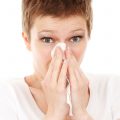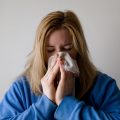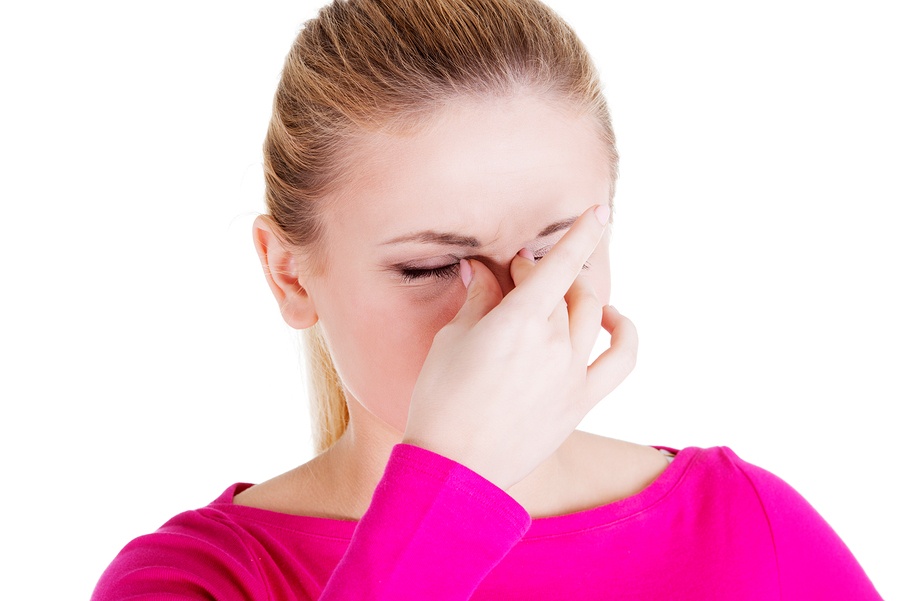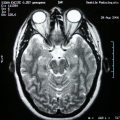Table of Contents
Do antibiotics help treat sinusitis? Numerous people are prescribed anti-biotics each year for sinus infections, a regular complication of the common cold, hay fever, and also other respiratory system allergic reactions. Do antibiotics help treat sinusitis? 15 to 21 percent of all antibiotic prescriptions for grownups in outpatient treatment are for treating sinus infections. However, most of those individuals do not need the medicines. In this article, you’ll learn do antibiotics help treat sinusitis?
Do Drugs Help?
Do antibiotics help treat sinusitis? Sinus infections can be painful. People with the problem usually have a stuffy nose incorporated with yellow, green, or grey nasal discharge plus discomfort or pressure around the eyes, cheeks, temple, or teeth that worsens when they bend over. Sinus infections nearly always stem from a viral infection, not a bacterial one as well as antibiotics doesn’t work against infections. Also when bacteria are the cause, the infections often clear by themselves in a week or so. And also prescriptions antibiotics don’t assist alleviate allergic reactions, either.
Risk Factors
Regarding one in four people who take prescription antibiotics have side impacts, such as belly issues, lightheadedness, or rashes. Those problems clear quickly after quitting the drugs, however in unusual cases anti-biotics can trigger serious allergies. Overuse of anti-biotics additionally advertises the development of microorganisms that can’t be controlled quickly with drugs. That makes you a lot more vulnerable to antibiotic-resistant infections as well as threatens the good that antibiotics can do for others.
When Are Antibiotics Necessary?
Do antibiotics help treat sinusitis? They’re typically required just when signs last much longer than a week, begin to improve yet then get worse once more, or are very serious. Uneasy signs and symptoms that can warrant prompt antibiotic therapy consist of a fever over 38.6 ° C, extreme discomfort and tenderness over your sinuses, or signs of a skin infection, such as a warm, red breakout that spreads out promptly. When you do need prescription antibiotics, the very best choice in a lot of cases is amoxicillin, which normally sets you back about $4 as well as is equally as reliable as extra pricey brand-name antibiotics. When they think sinus infections, note that some doctors suggest CT scans. However those examinations are normally needed just if you have persistent or regular sinus infections or you’re likely to have sinus surgical treatment.
How Should You Treat Sinus Infections?
Most individuals recover from sinus infections triggered by colds in concerning a week, but a number of self-help steps might bring some alleviation earlier:
Rest
When your body requires to channel its energy into combating the virus, that’s particularly essential in the very first few days. When existing down to alleviate postnasal drip, it likewise aids to boost your head.
Drink
Cozy liquids can help thin nasal secretions and also loosen phlegm..
Boost Humidity
Warm, moist air from a bath, shower, or a frying pan of just recently steamed water can loosen up phlegm and soothe the throat.
Gargle
Usage half a teaspoon of salt liquified in a glass of warm water.
Rinse your Nose
Deep sea sprays or nasal irrigation sets may make you feel better.
Functions
Do antibiotics help treat sinusitis? In order to figure out which locations are best for allergy and also sinus sufferers, you must initially know your certain triggers. Aspects to think about when selecting a brand-new area include climate, average plant pollen matter throughout each period, common irritants in the location and also accessibility to quality allergy as well as immunology centers.
Obstacles
While some cities have normally lower levels of allergens like turf plant pollen or mold and mildew spores, transferring to a new place can trigger signs also in those without a background of the problem. In many cases, duplicated direct exposure to new triggers can result in sensitization to those materials in people not previously sensitive to them. This is due to the fact that allergies are assumed to arise from a combination of genetic and also environmental variables, with genetically predisposed individuals being a lot more vulnerable to growth of new allergic reactions.
Period
Do antibiotics help treat sinusitis? The most effective places to live for allergic reaction patients changes from year to year and period to period. According to Beyond Allergic reaction, three standard factors are taken into consideration when figuring out the ideal and also worst cities for allergies, consisting of plant pollen scores, number of allergic reaction experts per individual as well as the number of different drugs taken by each person
Prevention
The most effective way to stop allergic reactions is to reduce your direct exposure to recognized triggers. According to the Bronchial Asthma and also Allergic Reaction Foundation of America, interior air frequently includes even more irritants than exterior air 3.
Allergic Reaction
Do antibiotics help treat sinusitis? Generally, individuals with severe mold level of sensitivities fare much better in completely dry or desert-like environments, while those with dust allergic reactions have fewer signs in locations with high rainfall and moisture. Various other elements that can impact one’s total sensitive problem include food level of sensitivities, skin allergic reactions and other immunological conditions.
Considerations
Relocating to a brand-new place to leave your allergies is not an effective therapy by itself. Allergic reaction testing is crucial for picking the ideal strategy, which might or may not involve moving to a brand-new home or city.
In Summary
Do antibiotics help treat sinusitis? While some cities have normally lower degrees of irritants like turf plant pollen or mold spores, relocating to a new area can trigger signs and symptoms also in those without a background of the condition. Comprehending the origin reason of allergic reactions can help establish the very best places to live for allergic reaction as well as sinus sufferers. Generally, people with serious mold level of sensitivities get on better in desert-like or completely dry climates, while those with dirt allergies have less signs in locations with high precipitation and also moisture.






 I love to write medical education books. My books are written for everyone in an easy to read and understandable style.
I love to write medical education books. My books are written for everyone in an easy to read and understandable style.